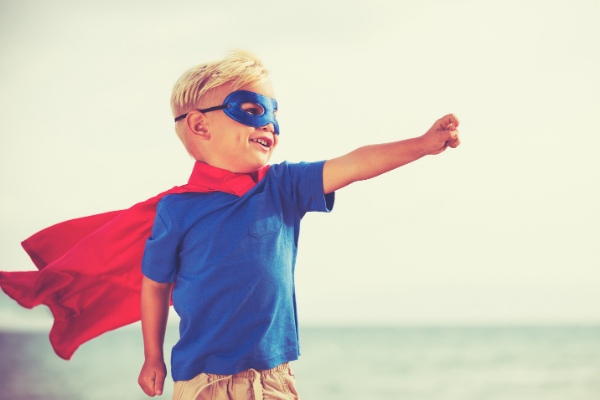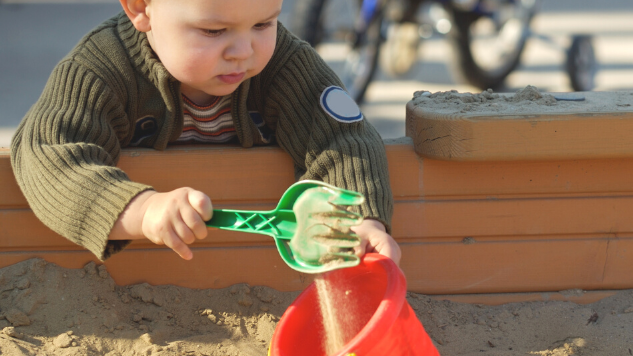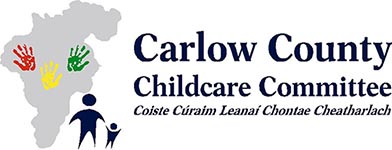Activities for Children to Help Them Learn Through Play

Play is one of the most important ways in which children learn. It underpins formal learning later in childhood, but also enables the individual child to develop their self-worth.
In fact, the right to play is deemed so fundamental to children’s wellbeing, that it is enshrined by the UN as a universal children’s right.
It strengthens powers of concentration, essential for a successful future in the classroom, and underpins everything from learning social interactions and norms, to the beginnings of scientific thinking.
Play is particularly important for the younger child. Preschool children, and those in Reception, learn through the EYFS National Curriculum, which is inherently play-based. It is the foundation of childhood development in terms of language, emotional intelligence and regulation, creativity, and intellectual reasoning.
According to the book ‘Einstein Never Used Flash Cards’ by Golinkoff, Hirsh-Pasek, and Eyer, play can be broken down in to five core elements:
- Be fun and enjoyable
• Have no set goals
• Be spontaneous and voluntary
• Involve active engagement
• Involve an element of make-believe
Here, we explore our top 15 activities for helping children learn through play:
1. Sand
Sand play is a fantastic opportunity for the foundations of scientific learning and developing self-confidence and physical development. Scooping, digging, pouring and sifting teaches children how things work, whilst also building their muscles and coordination. Done alongside a little pal, and it becomes about teamwork, sharing, and social skills.

